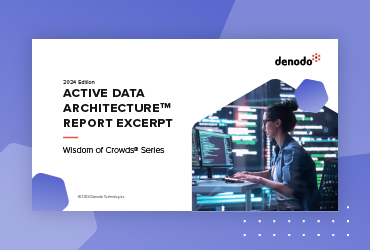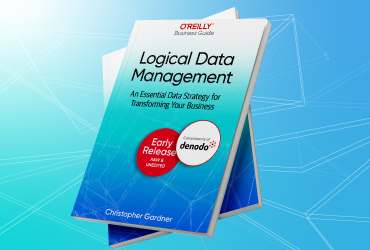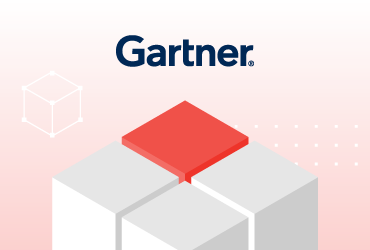What Are Enterprise Data Services?
Enterprise data services (EDS) refer to a suite of technologies, tools, and processes designed to manage, integrate, and optimize data across an organization. These services provide seamless data access, governance, security, and analytics to support business intelligence, decision-making, and operational efficiency.
Why Are Enterprise Data Services Important?
Enterprise data services play a crucial role in modern businesses by enabling organizations to effectively manage vast amounts of structured and unstructured data. Key benefits include:
- Enhanced Data Integration: Consolidates data from multiple sources for a unified view
- Improved Data Governance: Maintains data accuracy, consistency, and compliance with regulations
- Scalability and Performance: Supports large-scale data management and analytics
- Better Decision-Making: Provides real-time data insights for strategic planning
- Robust Security and Compliance: Protects sensitive data with encryption and access controls
Key Components of Enterprise Data Services
- Data Integration Services: Connects disparate data sources into a unified system
- Data Governance and Compliance: Establishes policies for managing data quality and regulatory adherence
- Data Security and Privacy: Implements encryption, role-based access control (RBAC), and monitoring
- Data Warehousing and Storage: Stores structured and unstructured data for business intelligence
- Data Analytics and Business Intelligence (BI): Enables data-driven insights and reporting
- Master Data Management (MDM): Provides consistency across different systems and applications
- Cloud Data Services: Provides scalable, flexible, and cost-effective cloud-based data solutions
How Enterprise Data Services Work
Enterprise data services function through a combination of data architecture, integration tools, and governance frameworks. The workflow typically includes:
- Data Ingestion: Collecting raw data from a variety of sources such as databases, APIs, and IoT devices
- Data Processing and Transformation: Cleansing, structuring, and optimizing data for analytics
- Data Storage and Management: Organizing data in data lakes, warehouses, or cloud storage solutions
- Data Access and Security: Implementing authentication and authorization controls
- Data Analytics and Reporting: Using AI, machine learning, and BI tools for insights
Applications of Enterprise Data Services
- Financial Services: Enhances risk analysis, fraud detection, and compliance monitoring
- Healthcare and Life Sciences: Streamlines patient data management and predictive analytics
- Retail and E-Commerce: Optimizes customer segmentation, inventory, and sales forecasting
- Manufacturing and Supply Chain: Improves logistics, production planning, and asset management
- Government and Public Sector: Facilitates transparency, data compliance, and digital transformation
Best Practices for Implementing Enterprise Data Services
- Develop a Clear Data Strategy: Align data services with business objectives.
- Provide Strong Data Governance: Implement policies for data quality, privacy, and compliance.
- Leverage Cloud and Hybrid Solutions: Utilize cloud services for scalability and flexibility.
- Automate Data Management: Use AI and machine learning for efficient data handling.
- Enhance Data Security: Apply encryption, multi-factor authentication, and continuous monitoring.
- Encourage Data-Driven Culture: Train employees on the importance of data analytics and governance.
Challenges in Enterprise Data Services
- Data Silos: Managing disconnected data sources across departments
- Compliance Complexity: Navigating industry regulations such as GDPR, HIPAA, and CCPA
- Scalability Issues: Efficiently handling increasing data volumes
- Integration Difficulties: Enabling seamless interoperability between legacy and modern systems
- Security Threats: Protecting data from breaches, cyber threats, and unauthorized access
Future Trends in Enterprise Data Services
- AI and Machine Learning Integration: Enhancing automation and predictive analytics
- Data Mesh Architecture: Decentralizing data ownership for improved flexibility
- Edge Computing and IoT Data Management: Processing real-time data closer to the source
- Blockchain for Data Security: Enabling tamper-proof yet transparent data management
- Self-Service Data Platforms: Empowering business users with easy data access and analysis tools






